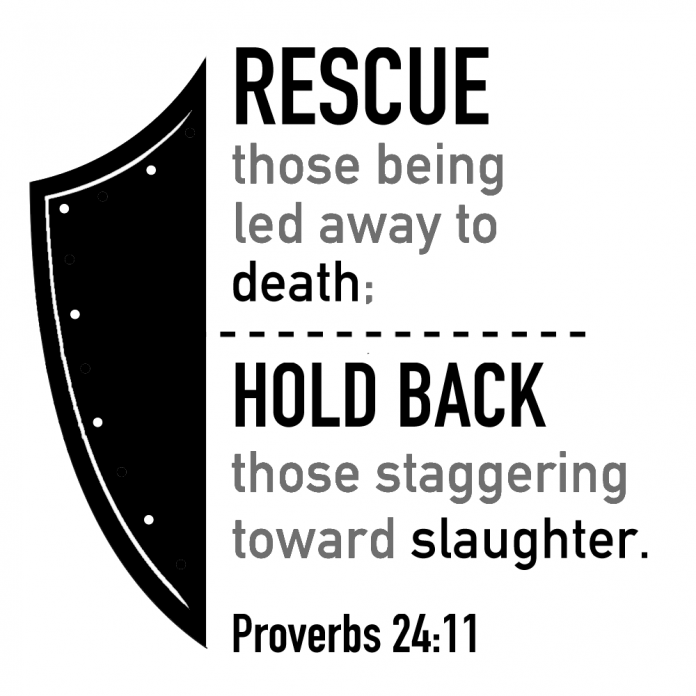Illustration by Asher Murphy
Undoubtedly, one of the hardest duties of life is to watch a loved one pass from this earth, especially after a long battle filled with misery and suffering. For our beloved pets, euthanasia seems to be the most humane thing to do and has become a social norm of animal treatment.
For humans, death is not so simple. While there are methods of comfort available to someone in his or her last months or days, there’s not much a family can do other than support the ailing and cherish the time left.
As of late, however, the issue of a person’s final wishes has saturated discussions of morality and has made its way into the California Senate.
On Sept. 11, California state lawmakers approved “right-to-die” legislation, which gives a terminally ill person the option to legally end his or her own lives via physician-assisted euthanasia.
Those in support of the bill argue that it “eliminates the needless pain and long suffering of those who are dying,” said California Sen. Lois Wolk, the bill’s co-author.
Though it appears to be a peaceful way to go, “right-to-die” is nothing more than romanticized suicide.
The very wording of “right to die” is convoluted and insinuates that humans are entitled to choose their own fate. Rather, every man has the right to live and the inevitibility of death.
When physicians take the Hippocratic Oath, they swear to not play at God in their practice of medicine. The oath also recognizes that doctors have both the ability to preserve and take life, but that “this awesome responsibility must be faced with great humbleness and awareness of my own frailty.”
Fundamentally, the oath prohibits the measures doctors can take to provide euthanasia to terminally ill people.
Opponents of “right-to-die” warn that the bill might allow premature suicides and older generations to hasten their own deaths.
The Bible clearly states in Genesis 1:27 that humans are uniquely made in the image of God. Our lives are not our own, and actively choosing to end one’s life takes on the role of God. The Scriptures provide no compassion for suicide and by proxy, physician-assisted suicide.
Most people at some point in life will experience the helplessness of observing a loved one waste away. We live in a world of disease, harm and sin, and the inevitability of death is ever present. It makes sense for both the dying and the mourning to wish for an appropriate ending to a beautiful life.
The case for “death with dignity” was publicized last fall with Brittany Maynard, the 29-year-old brain cancer patient from California who moved to Oregon to end her life. Washington, Vermont and Oregon are the only other places in the United States that recognize “right-to-die.”
Maynard’s case was used as an example in California’s legislative process for this particular bill. Her family spoke on her behalf during the hearings and told of her convictions and reasoning behind her decision.
Death should never be taken lightly; it is the most final thing in this life. It makes sense for anyone to want to end their life free of pain and on the terms they choose, but morally, “death with dignity” conflicts with biblical standards and anti-suicide stances.
We would all like to die at an old age in our beds. Unfortunately, we don’t always get that option, and certainly it isn’t our place to play God in this way.






